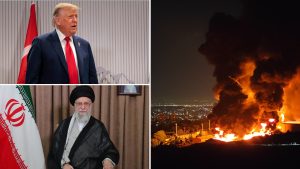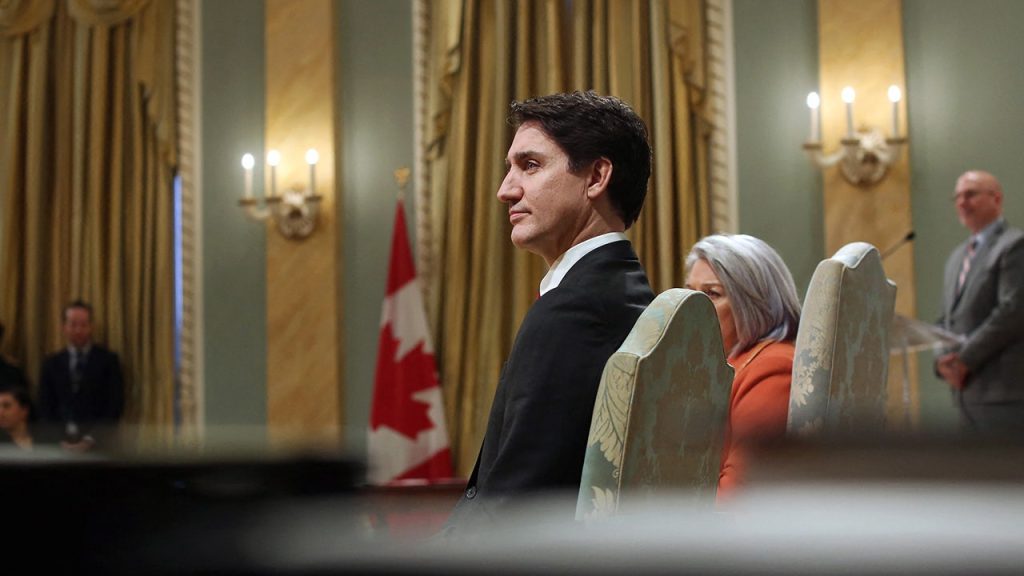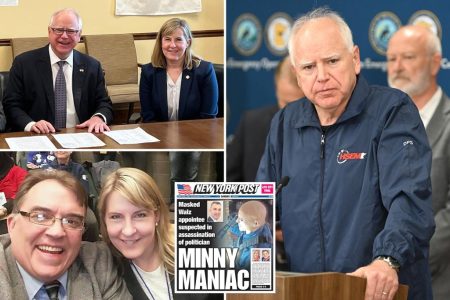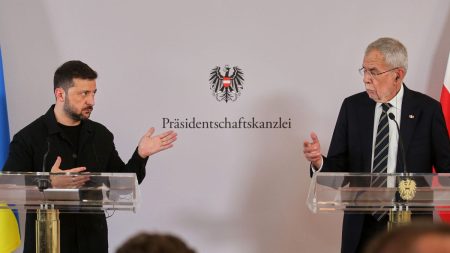Paragraph 1: The Impending Resignation and Dwindling Popularity:
Canadian Prime Minister Justin Trudeau is reportedly on the verge of resigning from his position, with Canadian media outlets, including the Globe and Mail, suggesting an announcement as early as Monday. While the exact timing remains unclear, it is anticipated to precede the national caucus meeting scheduled for Wednesday. This development coincides with a significant decline in Trudeau’s popularity. Recent polling data from Angus Reid indicates a disapproval rating of approximately 68%, contrasting sharply with a mere 28% approval rating. This dwindling public support undoubtedly contributes to the speculation surrounding his imminent departure from office.
Paragraph 2: Mounting Political Pressures and Cabinet Departure:
The potential resignation comes after a tumultuous period for Trudeau, marked by political challenges and internal dissent. In September, he narrowly survived a no-confidence vote initiated by the Conservative Party, highlighting the growing opposition to his leadership. A further blow came in December with the resignation of Finance Minister Chrystia Freeland, a key figure in Trudeau’s cabinet and once considered a staunch loyalist. Freeland’s resignation letter alluded to irreconcilable differences with the Prime Minister regarding the country’s economic direction, particularly in the face of potential trade disputes. Her departure signaled a significant crack in Trudeau’s inner circle and further fueled speculation about his political future.
Paragraph 3: Loss of Key Alliance and Looming No-Confidence Motion:
Adding to the pressure on Trudeau is the shifting political landscape and the erosion of support from crucial allies. Jagmeet Singh, leader of the New Democratic Party (NDP), a party that had previously provided support to Trudeau’s minority government, announced his intention to introduce a formal motion of no-confidence in January. This move signaled a significant shift in the political dynamics and further weakened Trudeau’s position. Singh’s declaration, regardless of who leads the Liberal Party, underscores the widespread sentiment that Trudeau’s government has run its course and faces an uphill battle to maintain power.
Paragraph 4: Public Backlash and Criticism over Personal Conduct:
Trudeau’s recent actions have also drawn criticism and fueled public discontent. His attendance at a Taylor Swift concert in Toronto while a riot unfolded in Montreal drew sharp rebuke from political opponents and members of the public. This incident, juxtaposing his leisurely activity with the unfolding chaos, was perceived by some as a demonstration of a disconnect from the concerns of ordinary Canadians. The criticism surrounding this event further eroded Trudeau’s public image and contributed to the narrative of a leader out of touch with the realities facing the nation.
Paragraph 5: The Cumulative Effect of Political and Personal Challenges:
The confluence of these factors – declining popularity, internal dissent, loss of key alliances, and public backlash – has created a precarious situation for Trudeau. The cumulative effect of these challenges has seemingly led to his impending resignation, marking a significant turning point in Canadian politics. The anticipated resignation signals the end of an era and raises questions about the future direction of the Liberal Party and the upcoming national election.
Paragraph 6: The Road Ahead and Implications for Canadian Politics:
The political landscape in Canada is now poised for significant change. Trudeau’s departure leaves a void in the Liberal leadership and creates an opportunity for other contenders to emerge. The upcoming national election will undoubtedly be shaped by these recent developments, with the opposition parties seeking to capitalize on Trudeau’s declining popularity and the perceived failures of his government. The Canadian public now awaits further announcements regarding the timing and details of Trudeau’s resignation, as well as the subsequent actions of the Liberal Party in selecting a new leader and charting a course for the future. The coming months will be crucial in determining the future trajectory of Canadian politics and the direction of the country.










